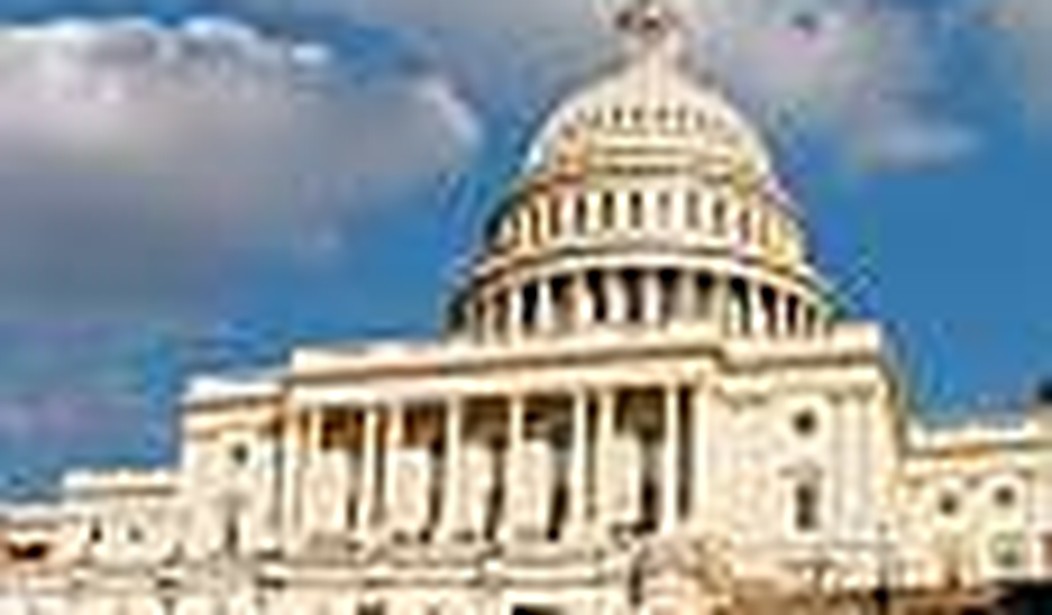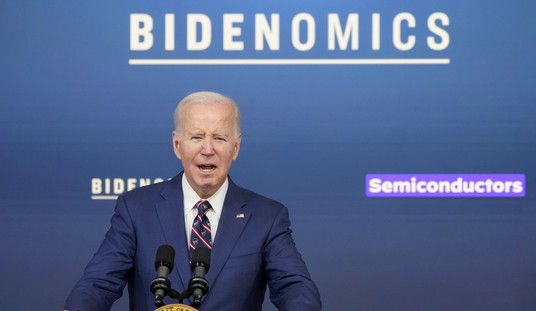Congress is supposed to make laws, not break them. But that’s not what’s going on right now.
Congress is using committee hearings on the firing of eight U.S. Attorneys to score political points for Democrats.
Congress is abusing a process known as oversight hearings. Congress has the right to require witnesses to answer questions. But unlike in a court of law, oversight hearings are not subject to rules of evidence that are enforced by a judge.
This power is not found in the Constitution or in any piece of legislation. It comes from a 1927 Supreme Court case that challenged oversight hearings, known as McGrain v. Daugherty. Oddly enough, that case grew out of congressional charges that the attorney general, by failing to prosecute certain anti-trust law violations, did not properly manage the Justice Department.
Congress’s oversight authority is not simply some looming omnipotence, to be invoked whenever. It is not Congress’s function to police the executive branch. (That’s what courts are for.). Impeachment trials aside, its job, simply and solely, is to make law. And everything it does must be in pursuance of that function.
In McGrain, the Supreme Court devised a rationale that became law and enabled congress to engage in oversight hearings by determining that its “power of inquiry — with process to enforce it” is “an essential and appropriate auxiliary to the legislative function.” The court held that congress could not “legislate wisely or effectively in the absence of information respecting conditions the legislation is intended to affect or change . . . .”
The key words in the Court’s decision are “the legislative function.” The Court found that part and parcel of that Constitutional function is the need to acquire information and, when necessary, to get it from witnesses (whose testimony is focused by the threat of a perjury prosecution).
But we know that there is no legislation pending, or even envisioned, to which the U.S. Attorney hearings are connected. What is going on here is patently political. This is obvious not only from the wording of the questions (often of the “when did you stop beating your wife” variety, or seizing upon asserted discrepancies in various accounts of who said what and when, none of which is claimed to be illegal, let alone the subject of any proposed or potential legislation), but even more markedly by the way the witnesses are constantly prevented from answering without interruption.
Witnesses are frequently cut off even less than ten seconds into a response, with the recurring theme of “I have only five minutes to question you and there is more I want to ask.” (Note: it is not “there is more I need to learn.”) Getting useful information for legislative purposes is not the goal of that kind of questioning. The goal is to plug into the record veiled accusations embedded in the question, so that they can later be put to political use by the party and by the media.
And here is the remarkable irony of this sordid mess. In court, the propriety of a given line of questioning, of individual questions and of the opportunity fairly to answer them, is always subject to oversight by a judge. If a party or a lawyer objects at trial or in an executive branch investigation, there is a judge to rule on the objection. But not here, where laws are supposed to be made, where the questioner is a legislator. Not even when it is more than obvious that the witness has been called solely or primarily for the purpose of being publicly berated.
Oversight hearings should be brought into harmony with acceptable legal processes. A witness might accomplish this by taking the position that there is no legal authority for the hearing because there is no intended legislation with which it is connected. An ambitious lawyer may even want to sue congress and take the case to the Supreme Court. Maybe the Court has learned something about Congress’s excesses since 1927. Maybe the justices remember their own confirmation hearings.
And if turns out that the Supreme Court expands the right of congress to hold oversight hearings, then, at that time, the witness should invoke the Fifth Amendment on the ground that he reasonably fears a prosecution for perjury, not only because of a recent factually-flimsy case in which a perjury conviction was achieved, but also because there is no higher authority to which to address an objection to an improper question or to being prevented from giving a full answer.
Congress has prostituted indulging its penchant for political hearings over its obligation to legislate.
The penchant may be good for the party.
But Congress’s current, lower-than-the-President’s approval rating is no accident. According to a June 11 to 14, 2007 Gallup Poll survey, 32% of Americans approve of the President’s performance, but only 24% approve of the way Congress is handling its job. That 24% figure is the lowest since Democrats attained a majority in both houses this year.
It will not improve so long as the majority continues to show no respect for the law and for fairness.
Julian Tepper is a radio talk show host and a trial attorney, with experience at the U.S. Department of Justice and Congress, who practices in Bethesda, Maryland.









Join the conversation as a VIP Member